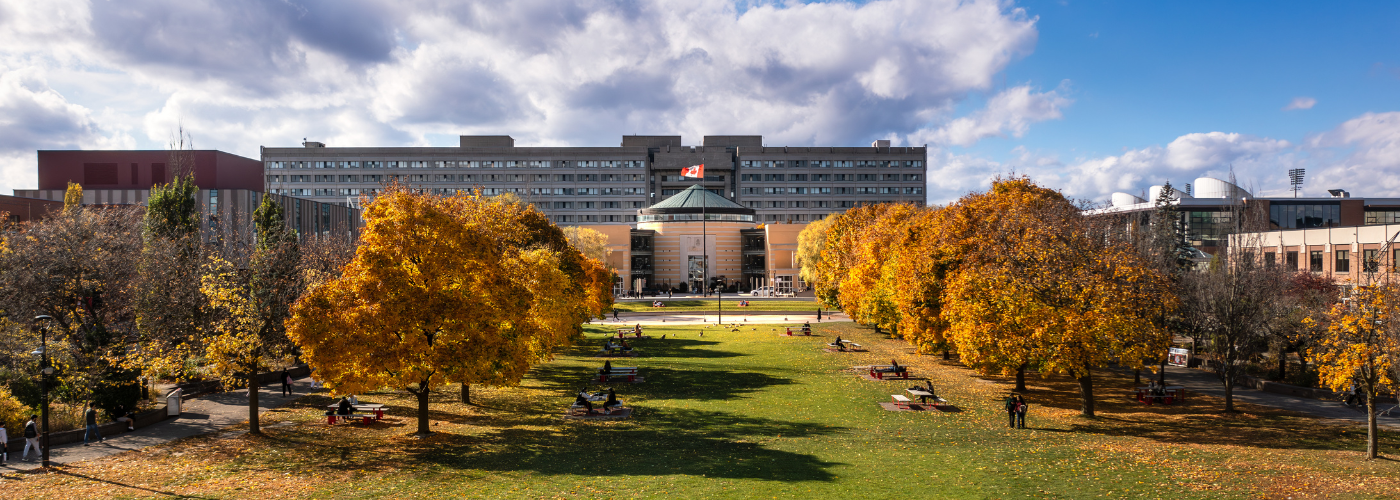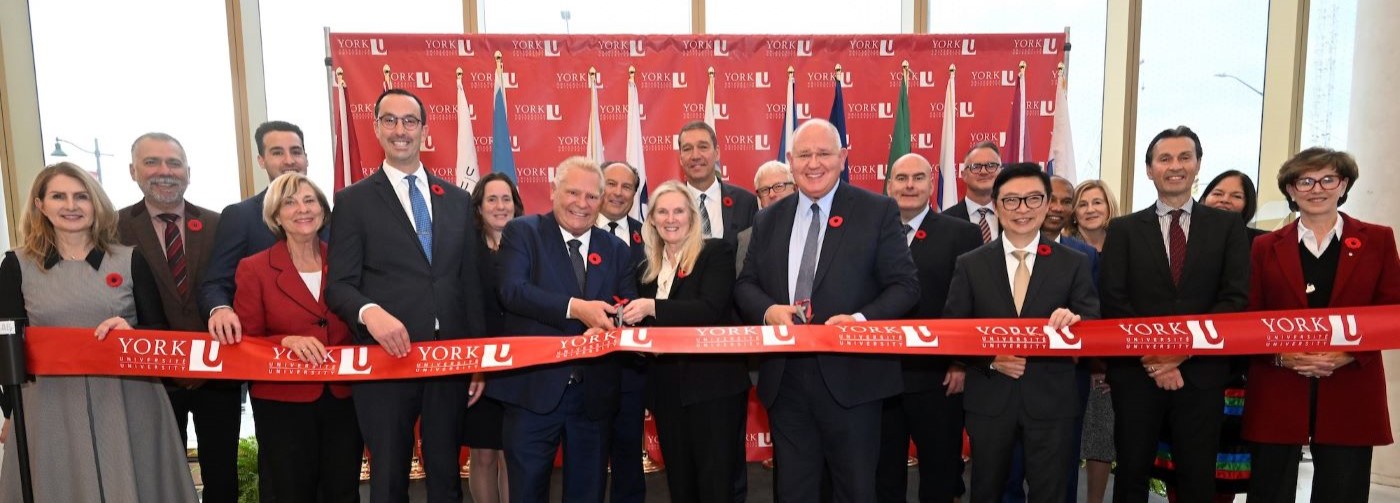Bullying awareness key to safe schools: York U experts available
TORONTO, November 20, 2018 – Bullying Awareness Week is a time to help promote safe school and positive learning environments. This year’s theme is #ChooseKind.
During Bullying Awareness and Prevention Week – November 18-24, 2018 – students, school staff and parents are encouraged to learn more about the long-term impact of bullying both on and off the playground and in and outside of the classroom. Bullying can occur in various forms including physical, verbal, social and online via social media. School-aged children and parents continue to be faced with finding ways to combat and educate others on the impact of bullying both on and offline.
The following York University experts are available for interviews on the mental, emotional and physical trauma of bullying, trends, as well as prevention strategies.
Jen Gilbert, professor in the Faculty of Education, was the only Canadian investigator in the Beyond Bullying Project, which examined and expanded the terms of cultural recognition and social belonging surrounding LGBTQ sexuality and youth in U.S. schools. In collaboration with education, research and strategic communications partners, the project conducted ethnographic research to uncover the ordinary ways LGBTQ conversations circulate inside schools.
She can comment on:
- Bullying in schools related to LGBTQ issues
- The role of education in preventing sexual assault
- Issues of consent
- Links between ‘hazing’ and homophobia in schools.
Ami Rokach, professor in the Department of Psychology, Faculty of Health, and a clinical psychologist, has been researching and teaching about loneliness for the past 35 years. His research includes work on loneliness, anxiety and phobias, traumatic experiences and personal growth and stress management. (Available by phone, Skype and email only)
He can comment on:
- Workplace bullying
- Loneliness of the bully and the bullied
- Effects of cyberbullying
- How bystanders experience bullying and behave
York University champions new ways of thinking that drive teaching and research excellence. Through cross-disciplinary programming, innovative course design, diverse experiential learning and a supportive community environment, our students receive the education they need to create big ideas that make an impact on the world. Located in Toronto, York is the third largest university in Canada, with a strong community of 53,000 students, 7,000 faculty and administrative staff, and more than 300,000 alumni. York U’s fully bilingual Glendon Campus is home to Southern Ontario’s Centre of Excellence for French Language and Bilingual Postsecondary Education.
Media Contact:
Anjum Nayyar, York University Media Relations, 416-736-2100 ext. 44543, anayyar@yorku.ca






